With 988 suicide hotline losing LGBTQ+ option, LA County Supervisor Hahn wants to pick up the slack
With 988 suicide hotline losing LGBTQ+ option, LA County Supervisor Hahn wants to pick up the slack
An option for LGBTQ+ youth to get help from counselors specially trained in resolving queer, mental health problems will be dropped from the national 988 suicide prevention hotline as soon as this week — a move support groups and civic leaders say could have dire consequences.
But in Los Angeles County, help could eventually be on the way.
Fourth District Supervisor Janice Hahn has introduced a motion, with co-author and Third District Supervisor Lindsey Horvath, that will go before the full Board of Supervisors on Tuesday, July 15. The motion asks several county departments to pursue restoring this service in LA County and perhaps beyond, in order to preserve a hotline option that, according to Hahn and others, saves lives and gives immediate over-the-phone help to a vulnerable population.
The federal directive of the U.S. Substance Abuse and Mental Health Services Administration calls for eliminating specialized services that route calls made to 988, the national Suicide and Crisis Lifeline, to LGBTQ+ counselors. The agency will remove the “Press 3” option that redirects callers to specially trained counselors as early as Thursday. About half the volume of those redirected calls are handled by phone counselors from The Trevor Project, a nonprofit, suicide-prevention organization that provides services to queer and transgender youth.
“Having a specific option for LGBTQ+ youth in crisis to receive specialized services through 988 is not only the right thing to do,” Hahn wrote in the motion, “but it is also essential for preserving lives.”
The motion, part of Item 10, will be discussed at the Tuesday meeting of the Board of Supervisors, which will start at 9:30 a.m. on the third floor board room of the Kenneth Hahn Hall of Administration, 500 W. Temple St., in Downtown Los Angeles.
One aspect of Hahn’s motion asks for the county’s Chief Executive Office Legislative Affairs and Intergovernmental Relations, in collaboration with the Department of Mental Health, to assess how removing the “Press 3” option will impact the local LGBTQ+ population and report back in 15 days. LA County is home to nearly 700,000 LGBTQ+ adults.
A second aspect asks DMH to work with the two other organizations that provide 988 counseling services, Didi Hirsch and Vibrant Emotional Health, to pursue how to continue linking LA County’s 988 hotline with Trevor Project counselors. That information will come back to the board in 30 days, if the motion is approved.
SAMHSA, meanwhile, says on its website that the health agency feels the special option for LGBTQ+ youth puts them in a silo that is not appropriate. The agency said the decision was made to “no longer silo” the services and “to focus on serving all help-seekers, including those previously served through the Press 3 option.”
The change, SAMHSA said, will not harm LGBTQ+ callers.
“Everyone who contacts the 988 Lifeline will continue to receive access to skilled, caring, culturally competent crisis counselors who can help with suicidal, substance misuse, or mental health crises, or any other kind of emotional distress,” SAMHSA said in a June 17 statement. “Anyone who calls the Lifeline will continue to receive compassion and help.”
The hotline began operating in September 2022 and has seen a steady increase in answer rates, Hahn reported in her motion. The “Press 3” option began in March 2023 and was part of an expansion. That option has provided help to 1.3 million LGBTQ+ youth up to age 25, according to the nonprofit working the phones. The Trevor Project provides 50% of the LGBTQ+ specialized contact volume. In 2024, it directly served more than 231,000 crisis contacts, the group reported.
Suicide is the second leading cause of death among young people aged 10 to 24. Gay, lesbian and bisexual youth are particularly vulnerable, seriously contemplating suicide at almost three times the rate of heterosexual youth, the Trevor Project reported, citing studies from researchers. About 28% of the country’s Gen Z young adult population ages 18-25 identify as queer, according to a recent report by the Public Religion Research Institute.
Higher LBGTQ+ suicidality is not because of their sexual orientation, Hahn says in her motion, but because “they are mistreated and stigmatized by others.”
“Many LGBTQ+ youth lack access to affirming spaces and deal with parental rejection,” the motion says, “which increases chances of them experiencing depression and attempting suicide.”
Jaymes Black, CEO of The Trevor Project, which has an office in West Hollywood, said they were given 30 days notice before their services would be removed from the national suicide hotline.
“This is devastating, to say the least,” Black said in a statement on the group’s website. “Suicide prevention is about people, not politics. The administration’s decision to remove a bipartisan, evidence-based service that has effectively supported a high-risk group of young people through their darkest moments is incomprehensible.”
The largest LGBTQ support group in the country, the LGBT Center in Los Angeles, also reacted strongly against the elimination of the option on the 988 hotline.
“Cutting this service would not only eliminate affirming and culturally appropriate crisis care — it would send a dangerous message that our most vulnerable youth aren’t worth protecting,” Terra Russell-Slavin, chief strategy officer for the Los Angeles LGBT Center, said in an emailed response, also underscoring the particular vulnerabililty of transgender youth. “For trans youth, this support isn’t optional. It’s essential.”
In a national study, 40% of transgender adults reported having made a suicide attempt, while 92% reported having attempted suicide before the age of 25.
The federal government’s announcement, however, said it was removing the “LGB” option, leaving out the ‘T’ from the LGBTQ+ acronym, Black said.
President Donald Trump made anti-transgender themes central to his election campaign, including wanting to restrict access to gender-affirming care.
The administration, though, couched the decision to get rid of the “Press 3” option as a budgetary cutback. The specific 988 subprogram for LGBTQ+ youth cost $33 million in fiscal year 2024, according to SAMHSA. The Trump administration’s 2026 budget keeps the 988’s total budget at $520 million, despite the elimination of the “Press 3” option.
Some in the LGBTQ+ community see the move not as budget-related, but as part of the administration’s attack on LGBTQ+ people. The White House Office of Management and Budget characterized the “Press 3” counseling option as an attempt to encourage children to embrace “radical gender ideology,” Reuters reported.
“There is a big attack (from Washington) on any kind of LGBTQ+ resources. This is a fear this administration wants to put out,” said Kevin Perez, president of Somos Familia Valle, an organization that has been providing services and a safe space for the LGBTQ community in Sun Valley and the greater San Fernando Valley for nearly 11 years. “Cutting funding is one of the strategic things they are doing to make sure queer and trans youth feel shame.”.
The group has programs for women of color, men of color and a TGI (transgender, gender diverse, intersex individuals) support group. Group membership is free. Anyone wanting more information can call 818-394-9377.
The Trevor Project,for its part, experienced a bump in calls after Trump assumed office for a second term. Likewise, Perez said, he’s noticed more queer and trans individuals concerned about where they can be safe. In light of a cut to the 988 hotline, Perez said, his group wants to ensure that queer youth are safe — and can find help in a crisis.
“There will be consequences,” Perez said. “There will be a lack of care, more deaths in our community and it will cause a lot of harm across the nation.”
From his experience running the center, Perez said, queer youth benefit from talking to someone who is like them and can relate to what they are going through. That’s one reason why his center has formed specific groups for members of the LGBTQ+ community to get together, share experiences, fears and successes.
“Specific situations are so important, like those who identify as LGBTQ+” Perez said.
The Trevor Project counselors tell of the history of LGBTQ+ culture, about the experience of coming out and encourage callers by using their own experiences, he said. These counselors can say there are accepting families whom they can point to as examples of hope, Perez said.
The Trevor project has received signatures from more than 100 members of the entertainment community in film, music, TV, sports, stage, comedy, fashion, book publishing and the culinary arts on a letter to keep federal funding for the LGBTQ+ youth suicide prevention subnetwork. An online petition is also available.
Even without 988 support, however, the group’s specially trained counselors are still available 24/7 by calling 1-866-488-7386 or by texting START to 678678.
“The Trevor Project’s crisis counselors are here for you,” Black said, “just as we always have been, to help you navigate anything you might be feeling right now.”
The Associated Press contributed to this article.
Comments 0
Most Read
Recommended Post
Gogolook launches news wall feature to Whoscall App
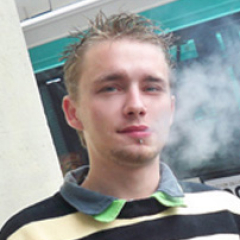











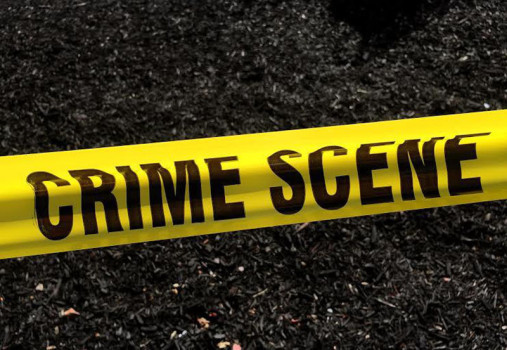
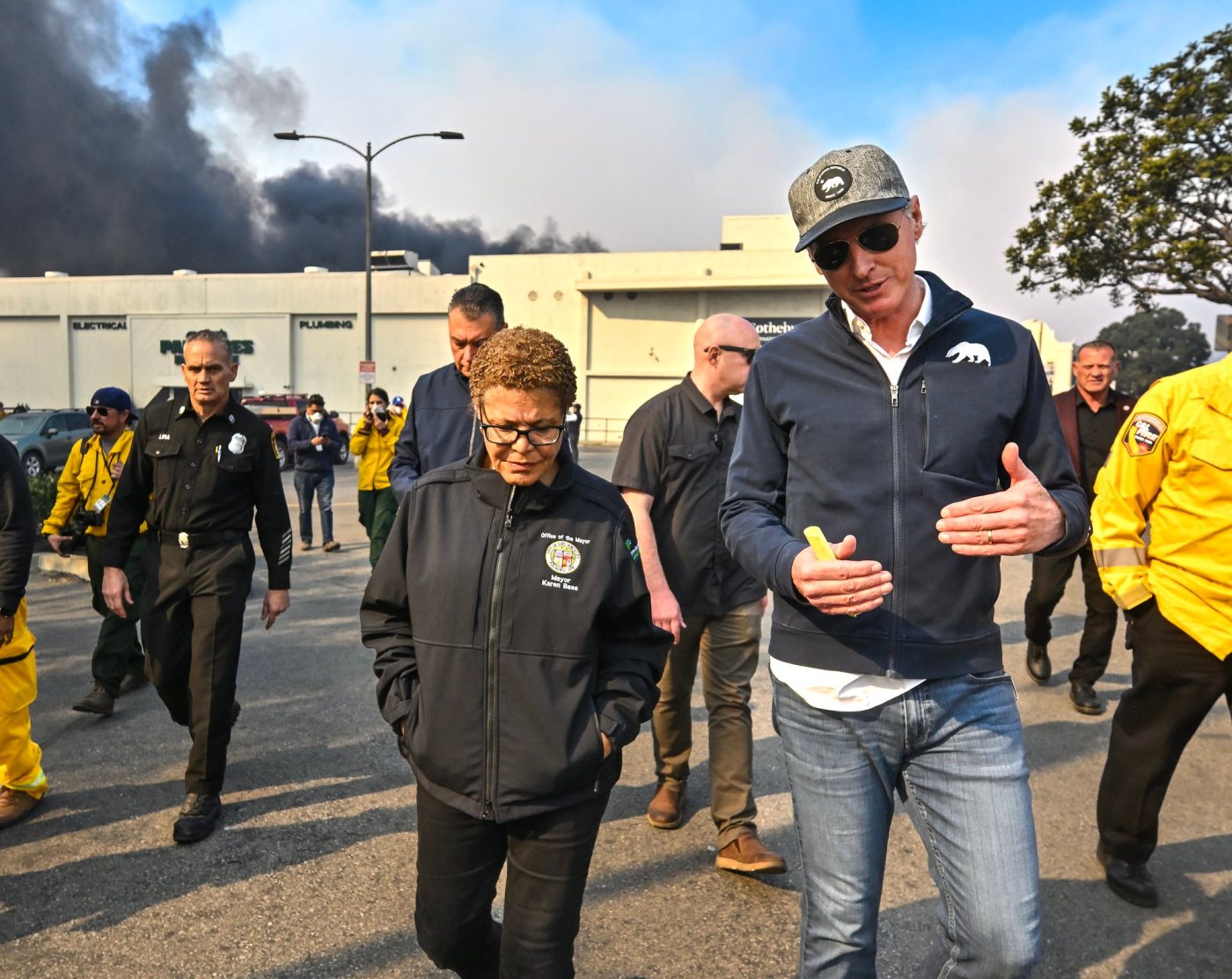
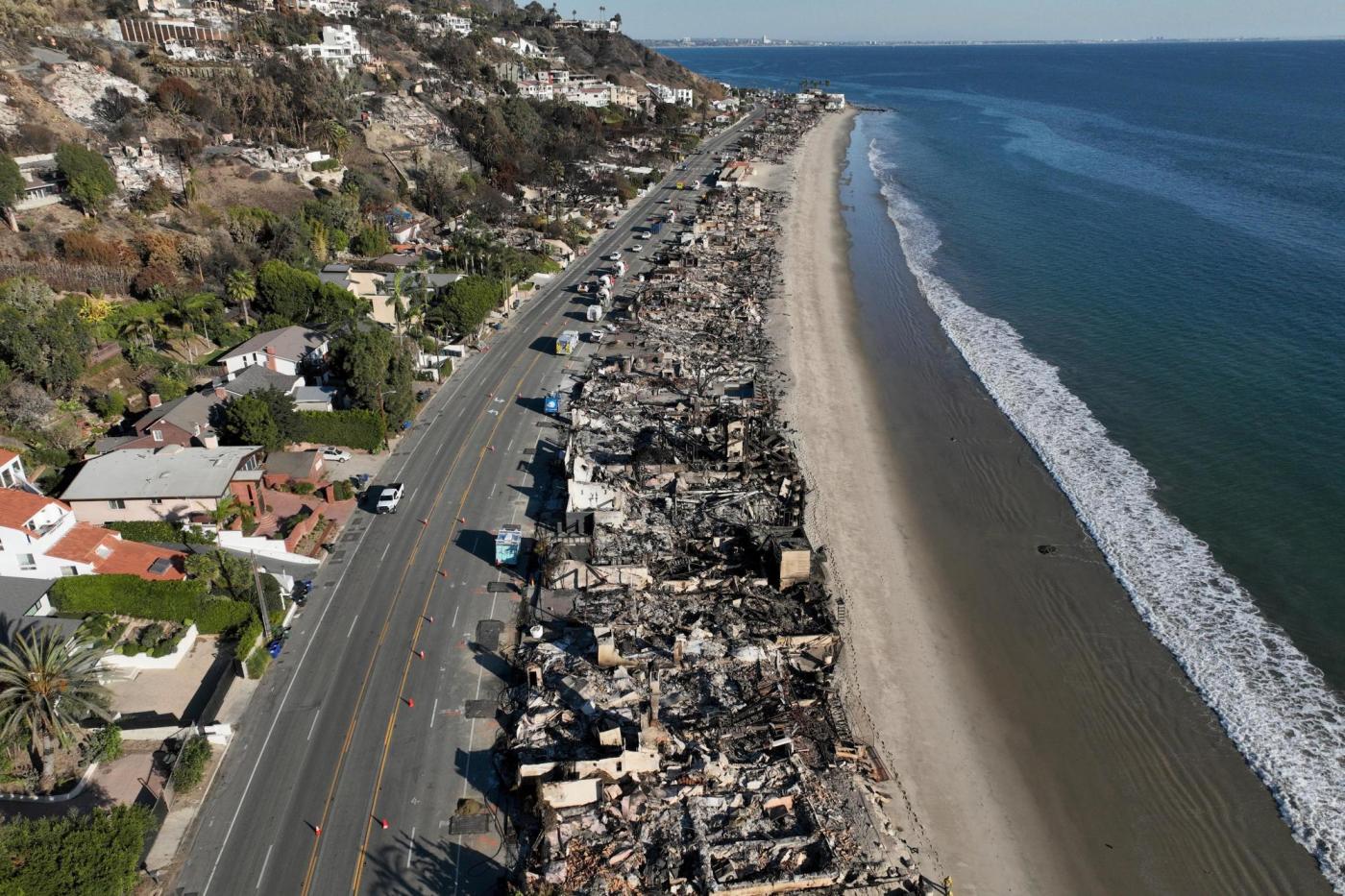
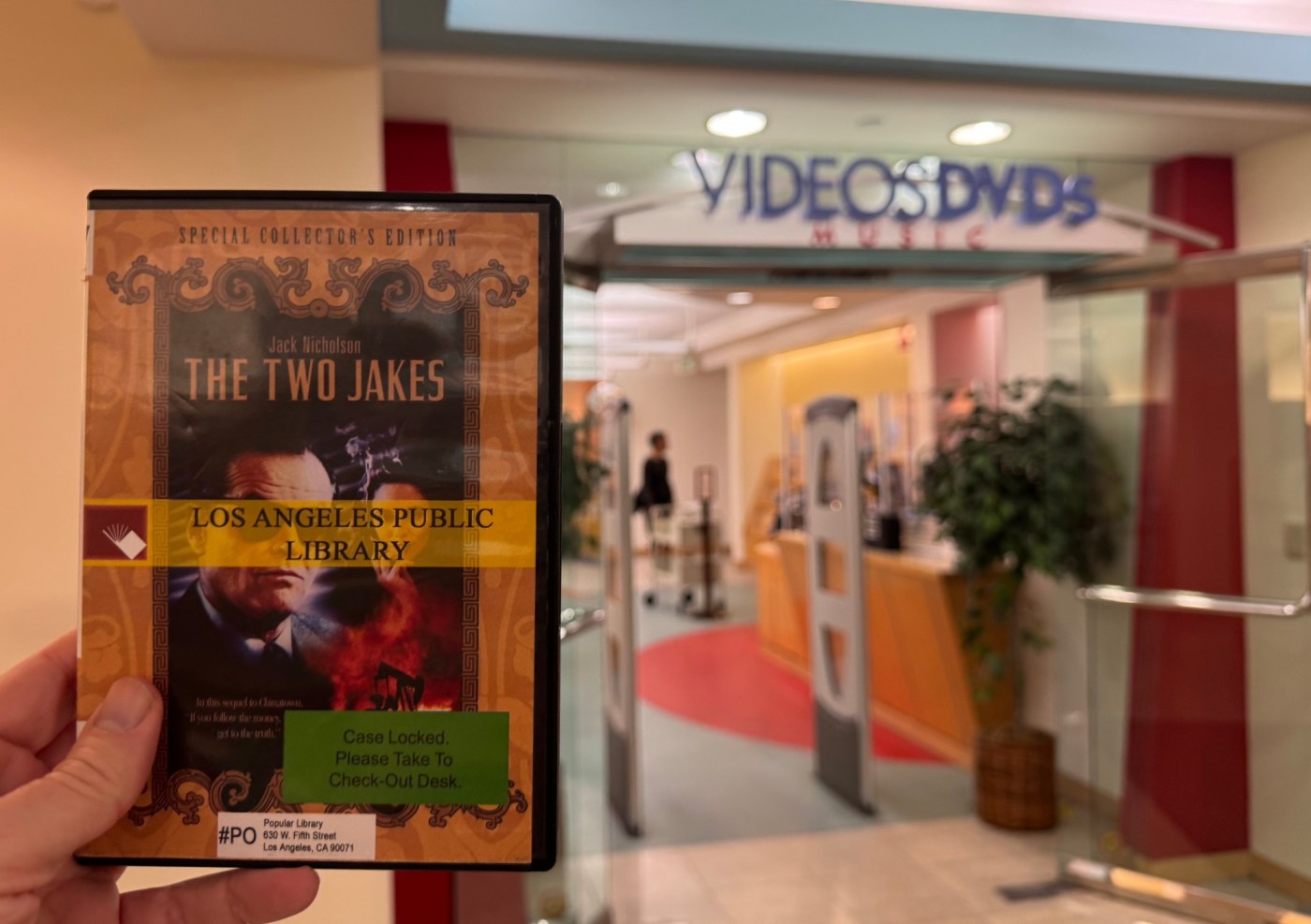

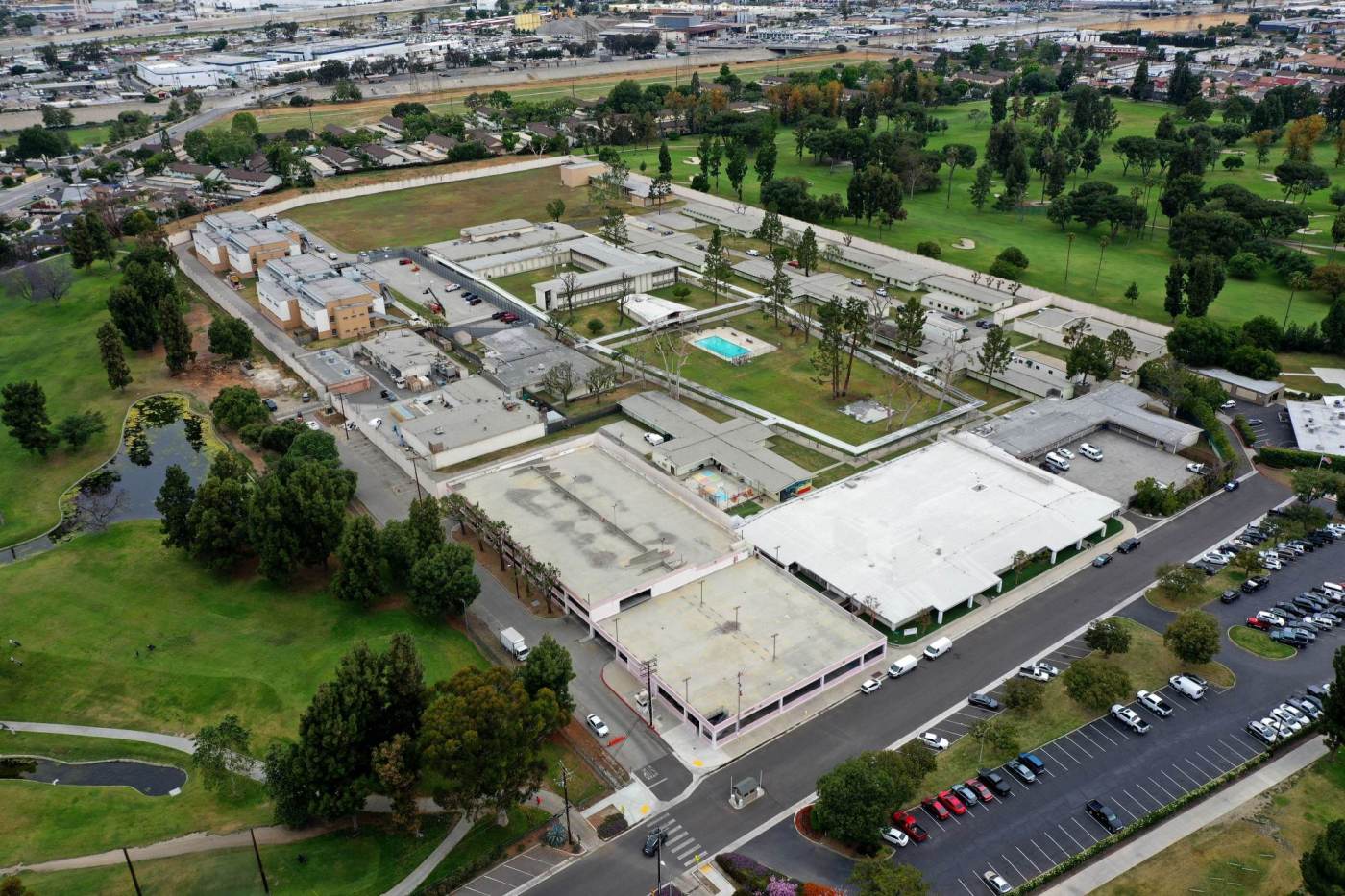
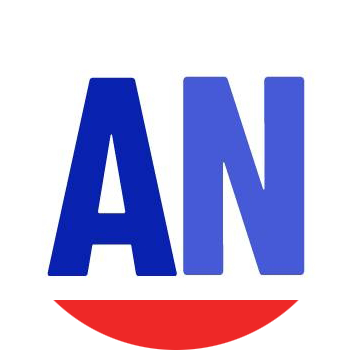


Leave a Comment